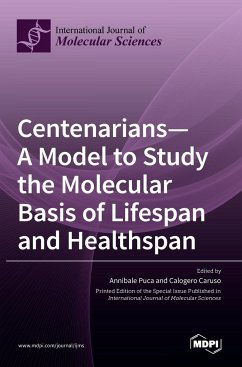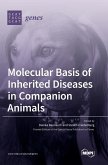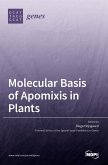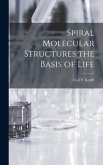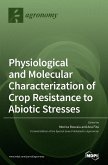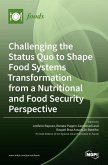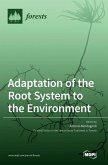People around the world are living longer. For the first time in history, most humans will live to be sixty and beyond. By 2050, the world's population aged 60 and over will reach a total of 2 billion, up from 900 million in 2015. Today, 125 million people are 80 years of age or older. By 2050, there will be 434 million people in this age group worldwide. In addition, the pace of aging of the world population is also increasing. However, there is not enough evidence to show that older people have better health than their parents. While rates of severe disability have declined over the past 30 years (but only in high-income countries), there have been no significant changes in mild to moderate disability over the same period of time. Indeed, the increase in the duration of life (lifespan) does not coincide with the increase in the duration of health (healthspan), that is, the period of life free from serious chronic diseases and disabilities. Therefore, the identification of the factors that predispose to a long and healthy life, as discussed in the papers of this book, is of enormous interest for translational medicine.

